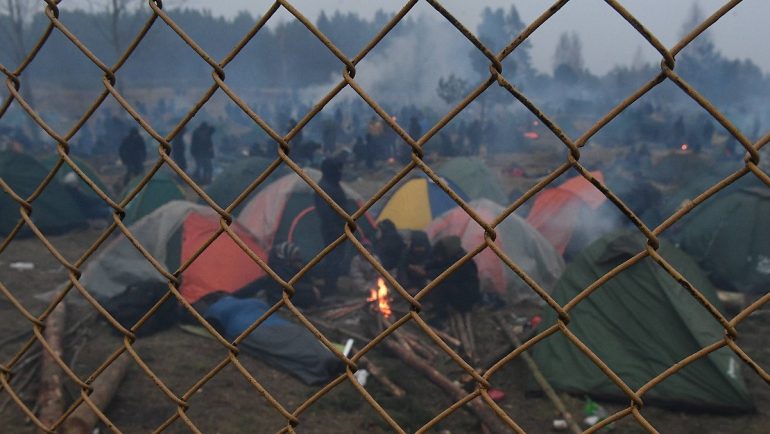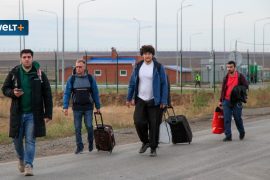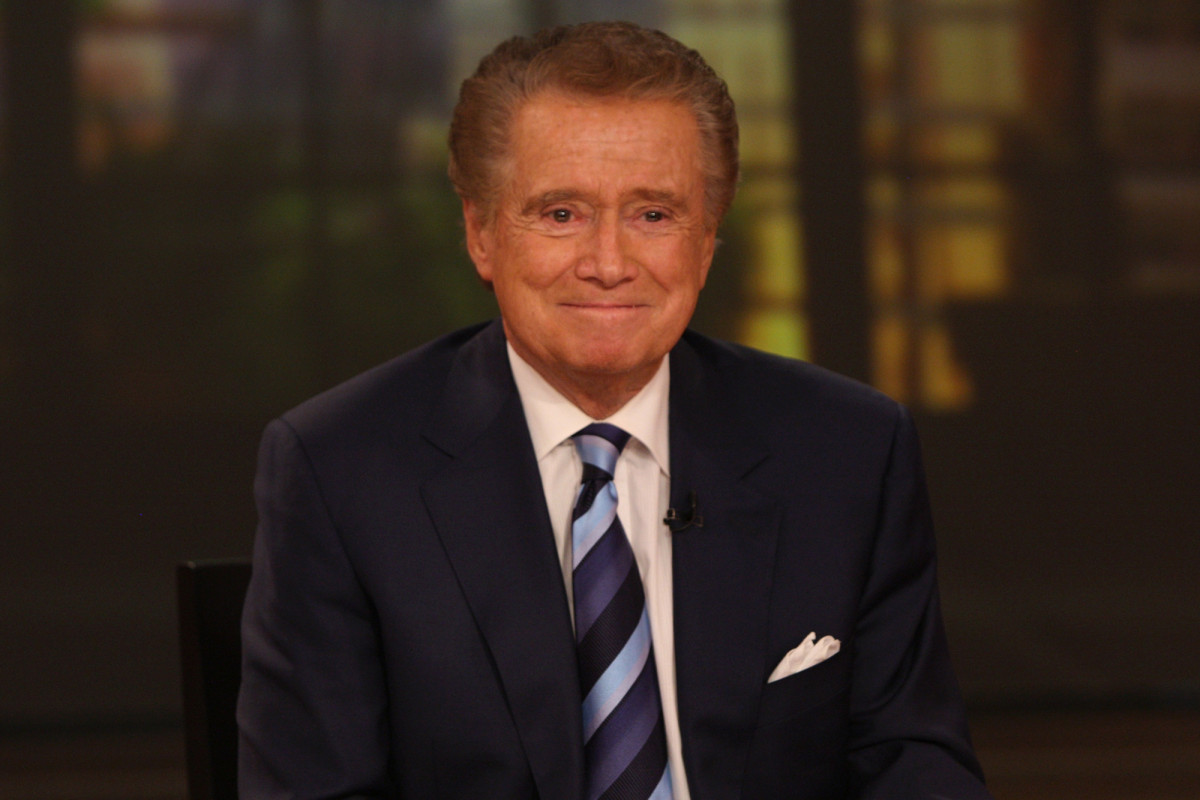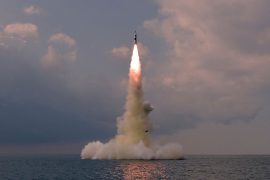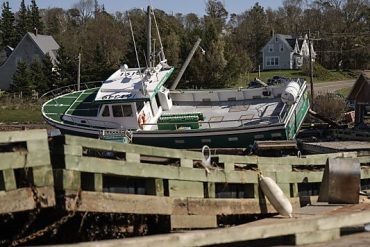Wednesday 17 November 2021
Planned goods for 700,000 euros
EU wants to take care of migrants in Belarus
EU wants to take care of migrants in Belarus
The European Union is helping stranded migrants after Belarus’ dictator bowed down to a border dispute with Poland. While refugees are flying back to Iraq tomorrow, Merkel will coordinate with Lukashenko and Polish Prime Minister Morawiecki.
The European Union has announced a distribution of aid for migrants stranded in Belarus. EU Commission President Ursula von der Leyen said that in the first phase, 700,000 euros worth of food, blankets and other goods are to be brought to the region on the border with Poland. “We are ready to do more,” she said. Chancellor Angela Merkel called Belarus President Alexander Lukashenko for the second time within three days. According to Merkel’s spokesperson, she asked Lukashenko to allow aid from the European Union and the United Nations. For those affected, it is about humanitarian supplies and opportunities to return to their home countries.
On Thursday, Iraqi migrants are to be brought to their homeland by the first flight from Belarus, Russian news agency RIA reported, citing the Iraqi ambassador in Moscow. According to the Federal Foreign Office in Berlin, 170 Iraqis have registered at the Belarusian-Polish border for “expedited repatriation”. According to the Federal Interior Ministry, the situation on the German-Polish border has eased. A spokesman for the ministry said the number of migrants arriving in Brandenburg in the past few days has been low. The head of the department, Horst Seehofer, announced that he would travel to Warsaw on Thursday to hold talks with the Polish government about the Belarus crisis.
Merkel is on the phone with Morowicki
Government spokesman Stephan Seibert also announced that Merkel had called Polish Prime Minister Mateusz Morawiecki. The theme was close German-Polish coordination over the worrying situation on the border between Belarus and the European Union, with Merkel underlining full German solidarity with Poland. In the border area between Belarus and Poland, thousands of people, mainly from the Middle East and Africa, are waiting in still cold temperatures to move to Poland and thus the European Union. Poland has meanwhile deployed more than 20,000 security guards along the border area of the city of Kuznica to prevent illegal entry, according to official information.
The European Union accused Lukashenko of targeting migrants and then smuggling them into Poland in retaliation for the sanctions. The Belarusian government rejects this. The government in Warsaw remains concerned. Defense Minister Marius Blaszak said on public radio that he expected tensions on the border to last for months. Violent clashes broke out on Tuesday. Polish security forces used water cannons, migrants threw stones from Belarusian territory.
Parliament approves border security law in Warsaw
In the evening, Poland’s parliament approved a law to protect the border, which aims to temporarily restrict freedom of movement and freedom of the press in the border area. A clear majority of MPs voted for the amendment by the national-conservative ruling party PiS. After voting in the Sejm, the first house of parliament, the bill now goes to the Senate, the second house. He can suggest changes.
Opposition representatives criticized that the PIS government wanted to permanently block access to important journalists, given the crisis surrounding migrants at the Polish-Belarusian border. In early September, Poland declared a state of emergency for a three-kilometre strip along the border with Belarus. Non-residents, journalists and aid organizations are not allowed in this area. The state of emergency expires on December 2 and cannot be extended as per the constitution. Amendments to the law now provide that in the future the Minister of the Interior may forbid all non-residents from entering the border area defined by him in the event of a dangerous situation. The local border guard commander must decide on exceptions – especially for journalists.

Introvert. Proud beer specialist. Coffee geek. Typical thinker. Pop culture trailblazer. Music practitioner. Explorer.

